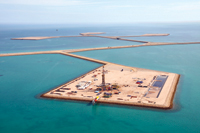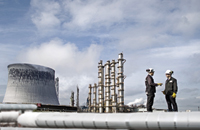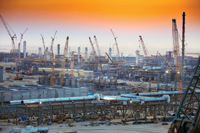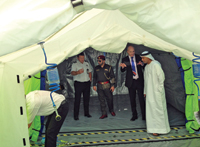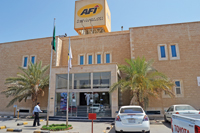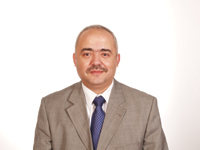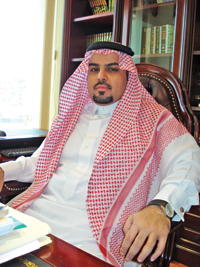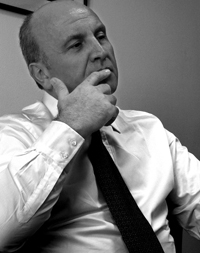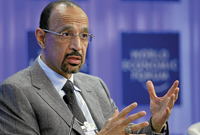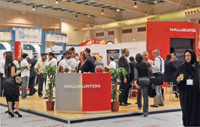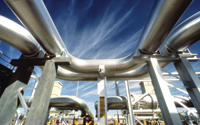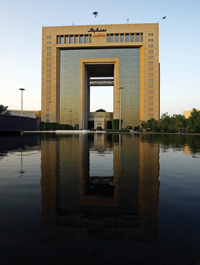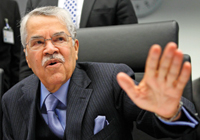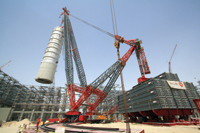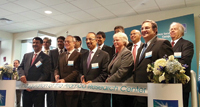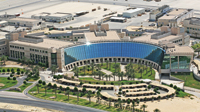
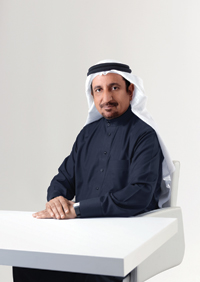 Al Mady ... focus on downstream
Al Mady ... focus on downstream
A NATIONAL taskforce empowered to unite private and public sector initiatives is needed to drive further downstream diversification of the Saudi economy, says Mohamed Al Mady, Sabic vice chairman and CEO.
Al Mady calls for a step change in the country’s approach to downstream based on the Royal Commission model that drove the development of the petrochemical industry. He notes the need for many initiatives required to drive further downstream development, including improved infrastructure, free-trade zones to support investment inflows and government investment in early training of employees.
“These imperatives cannot be achieved if every company, every industry, every ministry, is following its own agenda, no matter how well-meaning the agenda may be,” says Al Mady. “Downstream diversification extends beyond the interests of a single industry. It requires a coordinated and consolidated approach from business, from government, from the ministries and from entrepreneurial enterprise. The wisdom of past experience can better equip us for the future.”
Al Mady observes that past experience in downstream diversification provides a model for the future. He pointed to the growth of the petrochemical industry in just four decades from a standing start to a world-class pillar of the economy worth $354 billion as evidence for the success of the model.
Sabic was established in 1976 as part of the first phase of Saudi Arabia’s economic diversification into primary downstream industries including petrochemicals, fertilisers and steel. The vision of taking the natural gas that was the waste product of the oil industry and turning it into commercially viable products drove the foundation of the Royal Commission and the establishment of the industrial cities in Jubail and Yanbu. This in turn led to the Royal Decree that founded Sabic and drove its growth over the next four decades.
Growth in the petrochemical industry continues to outstrip the economy as a whole, averaging 9-10 per cent over past years against GDP growth of 4-5 per cent. The industry has also been the catalyst for growth in other areas of the economy, including banking, construction and insurance.
Al Mady highlights that Sabic continues to play a role as a key enabler in the next, more complex phase of downstream diversification. Sabic participated with Saudi Aramco and the Public Investment Fund to begin the establishment of the Industrial Investment Company to attract resources into the maritime, automotive, power, water and electrical equipment sectors.
Sabic has also expanded its own operations into performance chemicals and engineering thermoplastics and made significant additions to its global innovation network, including the opening of the Sabic Plastic Applications Development Centre in Riyadh’s Techno Valley at the end of last year. These initiatives are specifically focused on building downstream opportunities in key industries including automotive, construction, consumer electronics and packaging.
This year will see construction commence on Sabic’s Home of Innovation, a focal point for customer collaboration and a showcase to help attract downstream technology partners. Sabic will also continue its investment in training and development and support of its SME customers.
“Business and government are each doing their part. But I do not believe we can go much further within the limits of the current structure,” says Al Mady. “Now is the time for a bold initiative to drive us toward the success we all believe is possible.”



































































